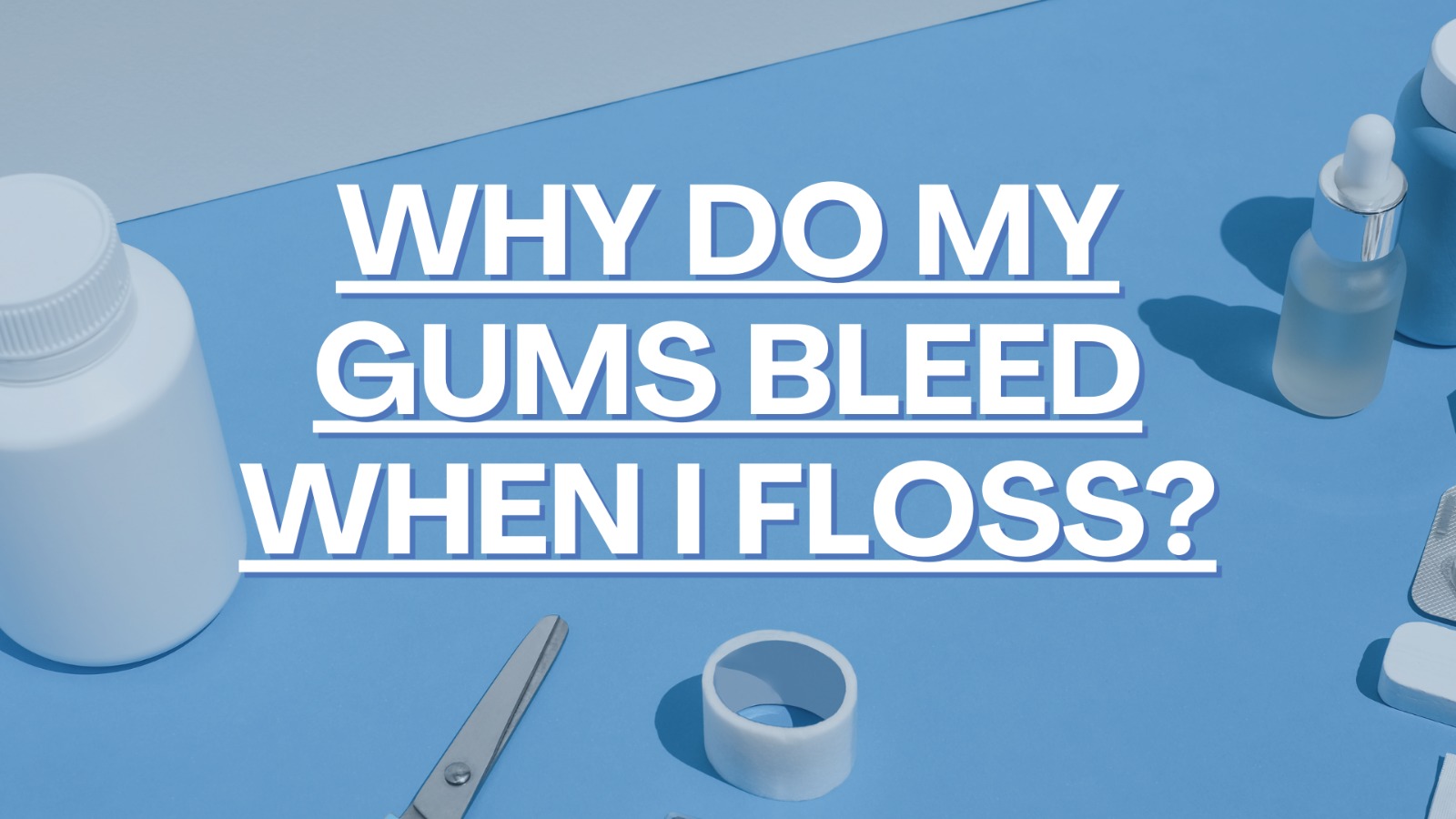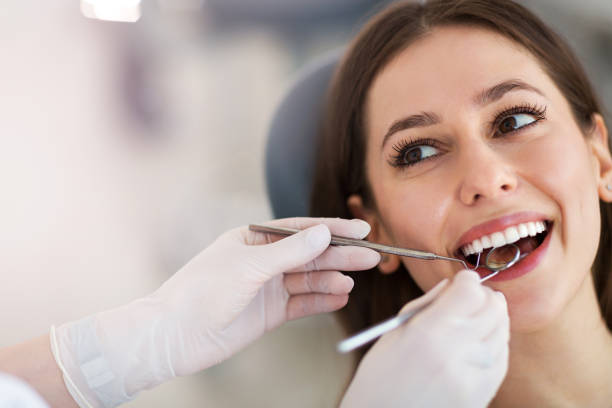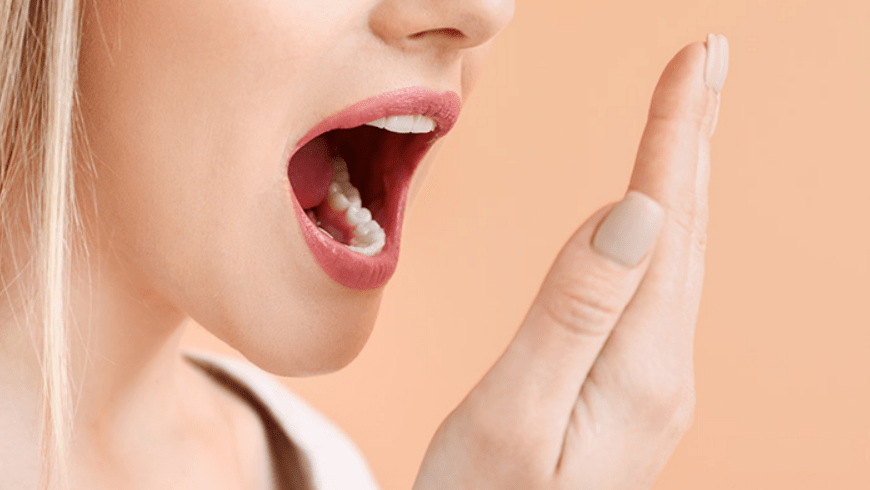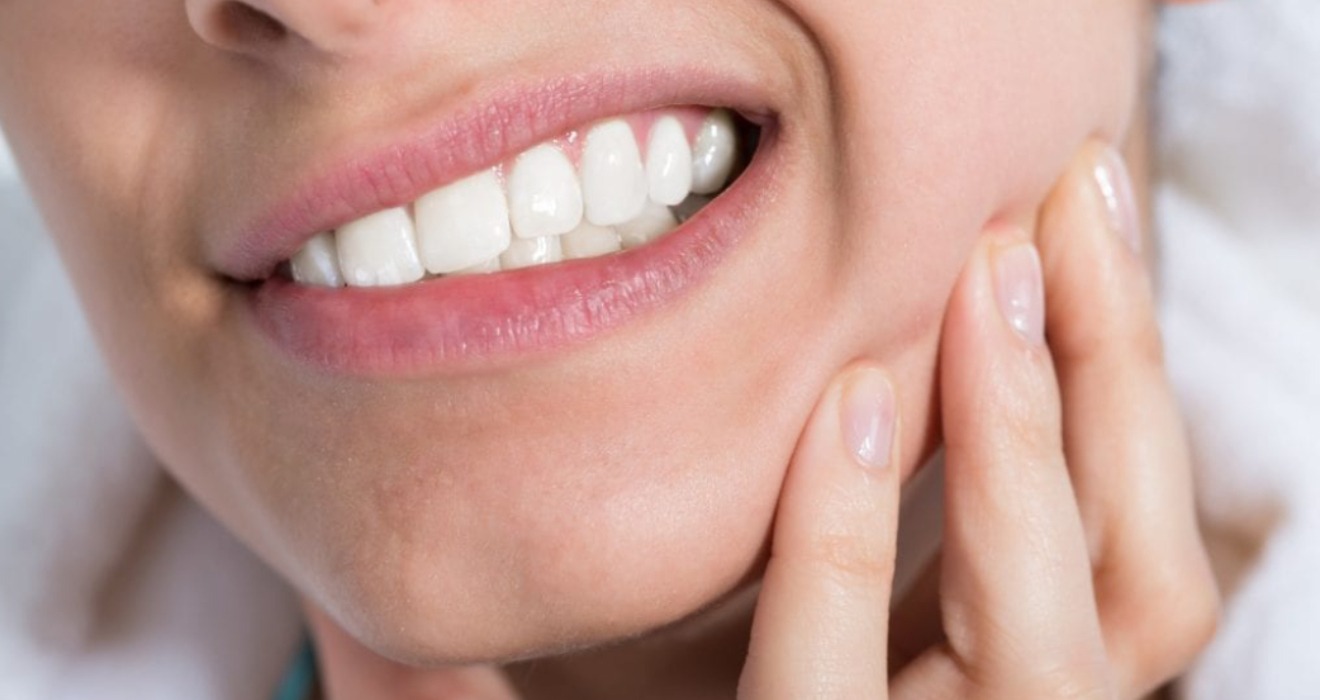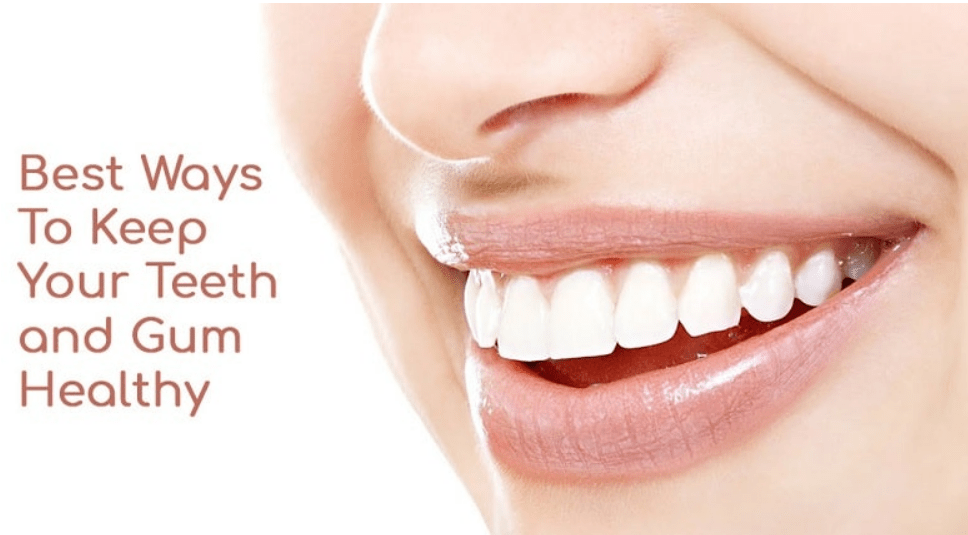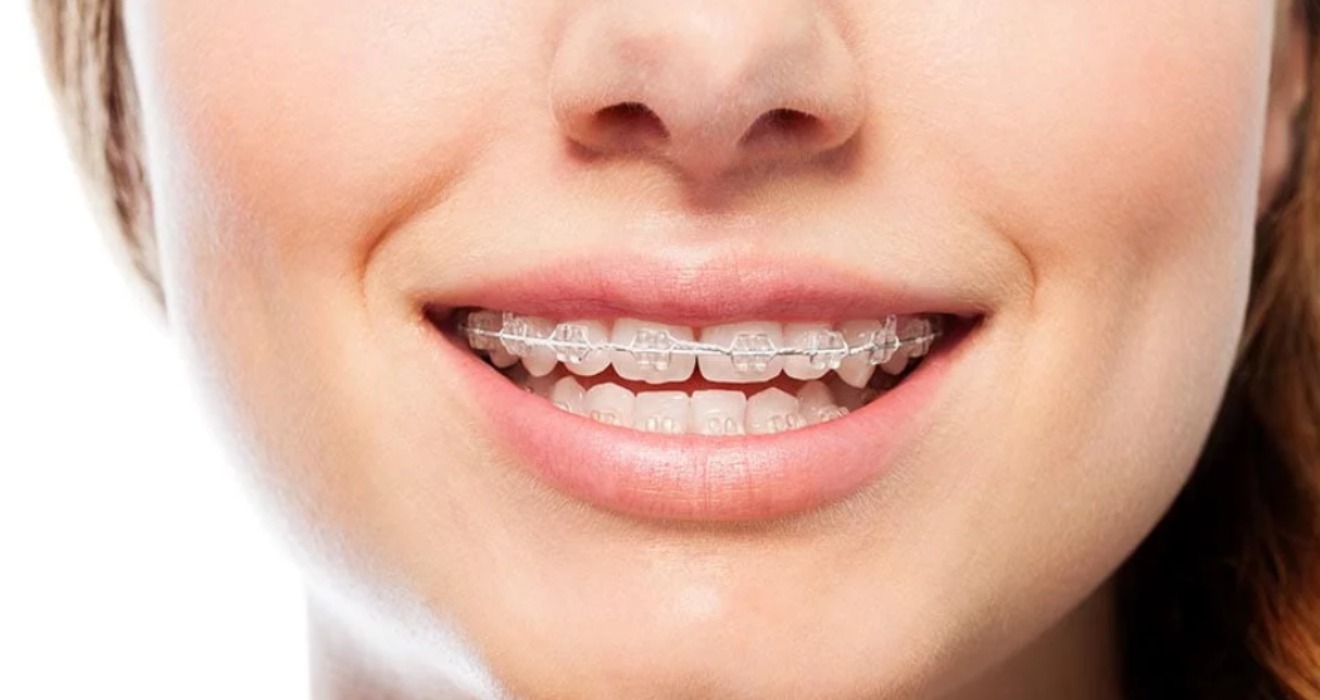Have you ever bled gums while flossing? It can freak you out, and you may end up worrying if you’re doing something wrong. No need to worry; we’re not in this alone. Lots of people go through the same thing, and there are several reasons why that might occur.
Find a skilled dentist in Edmonton for your oral health needs. Trust experienced professionals to care for your smile.
Let us explore now why your gums bleed when you floss and what you can do to prevent this.
Gum Inflammation (Gingivitis):
Gingivitis is the most significant cause of gum bleeding due to flossing. Gingivitis is a sort of gum disease that leads to gingival swelling. When plaque, a sticky film of bacteria, coats the inflamed gumline, it brings the gums to an irritated state, where they are swollen, tender, and more prone to bleeding. Regular flossing is good to remove the plaque and prevent the accumulation of plaque, but if it hasn’t been flossed for a while, the gums may bleed.
Sensitive Gums:
The fact is that individuals have varying tolerances when it comes to sensitivity in the gums. Even tender flossing may make their gums bleed. In the case of sensitive gums, use a gentler, waxier type of floss or dental tape. They are not as sharp on the gums and do not as readily irritate.
Improper Flossing Technique:
Surprisingly, there is a proper and improper method of flossing. While you might not be aware of this, if your flossing technique is incorrect, you actually can harm your gum tissue, causing bleeding. Do not snap floss forcefully into your gums while flossing. Instead, gently glide it between your teeth up and down in a back-and-forth motion. Besides, do not forget to floss your teeth in a c shape around each one of them to clean an inch of your gums.
Infrequent Flossing:
It is likely that your gums will bleed when you resume brushing or if you haven’t brushed your teeth in a while. This is because, over time, plaque and bacteria have been able to deposit more along the gumline, causing inflammation and bleeding. Regular flossing is an essential component of having clean, non-bleeding gum over time.
Pregnancy Gingivitis:
Pregnant women experience an increased risk of gingivitis as a result of hormonal fluctuations, which generate increased blood flow to the gums, making them more irritable and sensitive. This state of mouth infection, referred to as pregnancy gingivitis, is capable of causing gum bleeding, especially during an activity like flossing. If you’re pregnant and suffer bleeding gums, make sure that you follow all the good oral hygiene habits and see your dentist every month for professional cleanings and check-ups.
Medication side effects:
Some kinds of medications, for instance, blood thinners and anticoagulants, may increase the chances of gum bleeding. Make sure you contact your doctor if you are flossing and experiencing any kind of bleeding gums, which could be a problem with your medications.
Underlying health conditions:
Sometimes, bleeding gums can be one of the symptoms of an underlying health condition like diabetes or leukemia. These conditions may weaken the body’s defense systems against infections, hence the swelling and bleeding of the gums. When you brush and floss as recommended but the gums still bleed, you should consult with your dentist or physician for a thorough examination.
Looking for a dentist in Edmonton? You can find quality dental care near you with experienced professionals ready to help you maintain a healthy smile.
Now that we’ve explored some common reasons why your gums might bleed when you floss, let’s talk about what you can do to prevent it:
- Establish a Consistent Oral Hygiene Routine: Start flossing regularly after each brushing, and don’t forget about your gums. Always try to floss once a day, preferably before brushing your teeth, to get rid of plaque and debris in between the teeth and along the gum line.
- Use the Right Flossing Technique: Don’t forget to floss properly, using the correct technique to preserve your gums. If you find yourself having doubts about how you are flossing, seek advice from your dentist or dental hygienist on your next visit.
- Choose the Right Floss: Try various floss types to decide what works best for you. Waxed floss or dental tape might be better for your gums when they are sensitive and less likely to cause bleeding.
- Visit your dentist Regularly: Get regular check-ups and cleanings of the mouth, which would lead to healthy gums and early detection of any abnormalities. In addition, dentists can give you personalized prescriptions for improving your oral hygiene and brushing.
- Stay Hydrated and Eat a Balanced Diet: Drinking lots of water and having a balanced diet with fruits, veggies, and whole grains helps with gum health and inflammation reduction.
Keep in mind that occasional bleeding during flossing is normal, especially if you have not done this consistently or just started flossing frequently. Nevertheless, if you notice that you bleed persistently or excessively from your gums, you should see a dentist as soon as possible to exclude any possible problems and preserve your gums’ health for many more years. Just mind your brushing habits, visit the dental clinic in Edmonton regularly, and take care of any issues so you can have your habits happy and bleeding-free!
Seek urgent dental care with an emergency dentist in Edmonton. Get timely relief for dental emergencies when you need it most.

